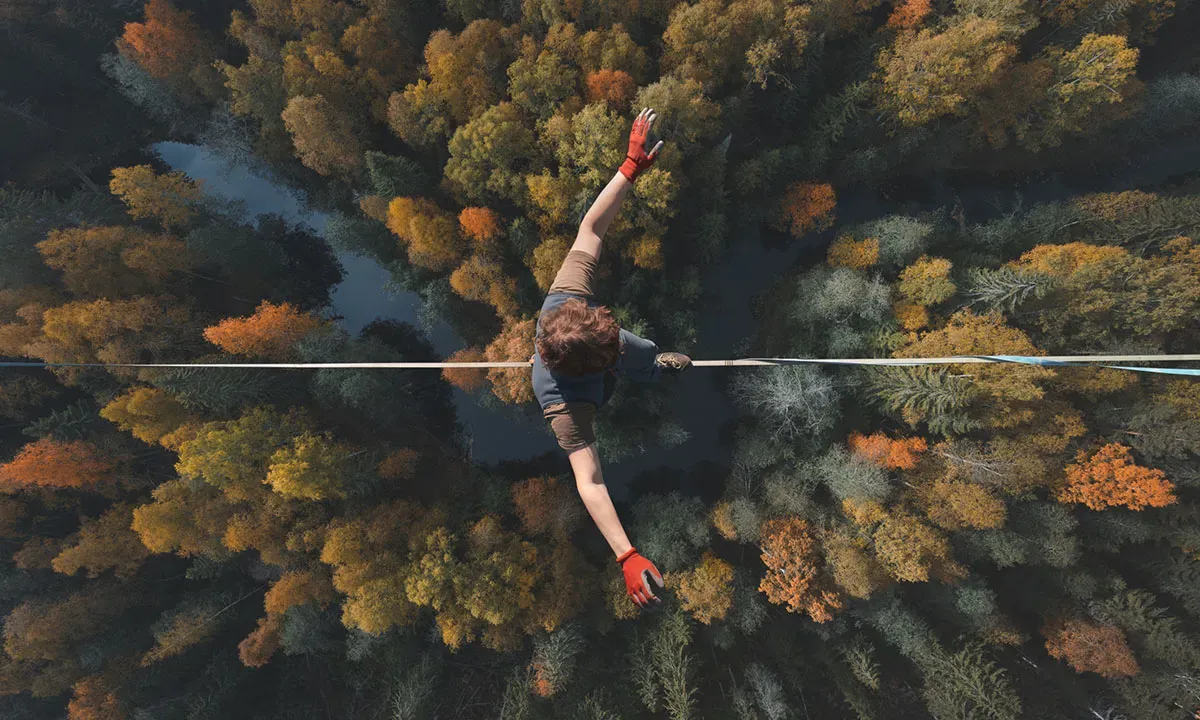Horror triggers fear safely, giving the brain a rush without real danger
Scary movies activate the same adrenaline system as extreme sports
Fear becomes entertainment when it’s controlled and distant
Watching horror enhances bonding and emotional resilience
The thrill of survival, even in fiction, gives a chemical reward
Why We Keep Watching Horror Movies That Terrify Us
A Quick Recap of This Story
You're gripping the blanket, peeking between your fingers, heartbeat racing. You’re terrified. But you’re also… enjoying it? Welcome to the strange world of horror lovers—people who pay to be scared out of their minds and keep coming back for more.
It may seem paradoxical, but this isn’t about masochism. It’s about chemistry, control, and the thrill of survival—without actual danger. Horror movies tap into primal fear circuits while letting us stay safe in our seats. That’s where the fun begins.
Adrenaline Without the Risk
When you watch a horror movie, your body responds as if you're facing a real threat. Your heart pounds, your muscles tense, and your pupils dilate. That’s adrenaline—the same hormonal surge you'd get if you were skydiving or being chased. The only difference? You're on your couch, not in danger.
This gives your brain the best of both worlds: full-on excitement with zero consequences. It's like tricking your nervous system into giving you a rollercoaster rush in the comfort of your home.
Our Brains Are Wired for the Chase
Fear isn’t always negative. Our ancestors survived because they learned to respond to threats quickly. Those same instincts are still in us today. Horror movies activate that fight-or-flight switch, creating an intense experience that the brain actually finds rewarding once it ends.
Once the monster disappears and the credits roll, the brain releases dopamine—a feel-good chemical linked to pleasure and reward. That’s why we often feel good after a scary movie. It’s not the fear we enjoy—it’s conquering it.
Controlled Chaos Is Addictive
What makes horror unique is the tightrope it walks between chaos and control. You know it’s fiction, so you willingly enter the fear zone. Unlike real-life trauma, you can pause, laugh, fast-forward, or leave the room. That control gives fear a strange kind of safety. You’re immersed but not trapped.

And because you choose it, your brain interprets the fear differently. It becomes a challenge—something to endure, react to, survive. In that sense, horror is a psychological obstacle course, and completing it feels like a win.
We Love to Feel Alive
Terror reminds us that we’re alive. Horror yanks us out of the numb routine of everyday life and floods our body with sensation. For some, it’s the only time they feel something strong and real. It’s not just entertainment—it’s intensity.
And in a world that often feels too safe, sanitized, and predictable, horror offers chaos without cost. A space to flirt with darkness without being consumed by it.
Bonding Through Terror
Watching horror is often a shared experience—friends screaming together, hiding behind each other, laughing after the jump scare. That shared adrenaline rush builds connection. It's the same reason haunted houses are more fun with a group: collective fear leads to collective bonding.
Couples watch horror to feel closer. Friends use it to create unforgettable nights. Fear becomes a social glue when experienced together.
Facing the Darkness on Our Terms
Horror gives us a rare gift: the chance to explore the terrifying without being harmed. We get to face death, violence, monsters, and madness—and walk away untouched. For some, it’s therapeutic.
For others, just thrilling. But for most, it’s a controlled confrontation with the parts of life we usually avoid.
We scream, we survive, we smile. And then we hit play on the next one.

0 comments
Be the first one to comment, but before that...
Here are some best practices for writing comments: